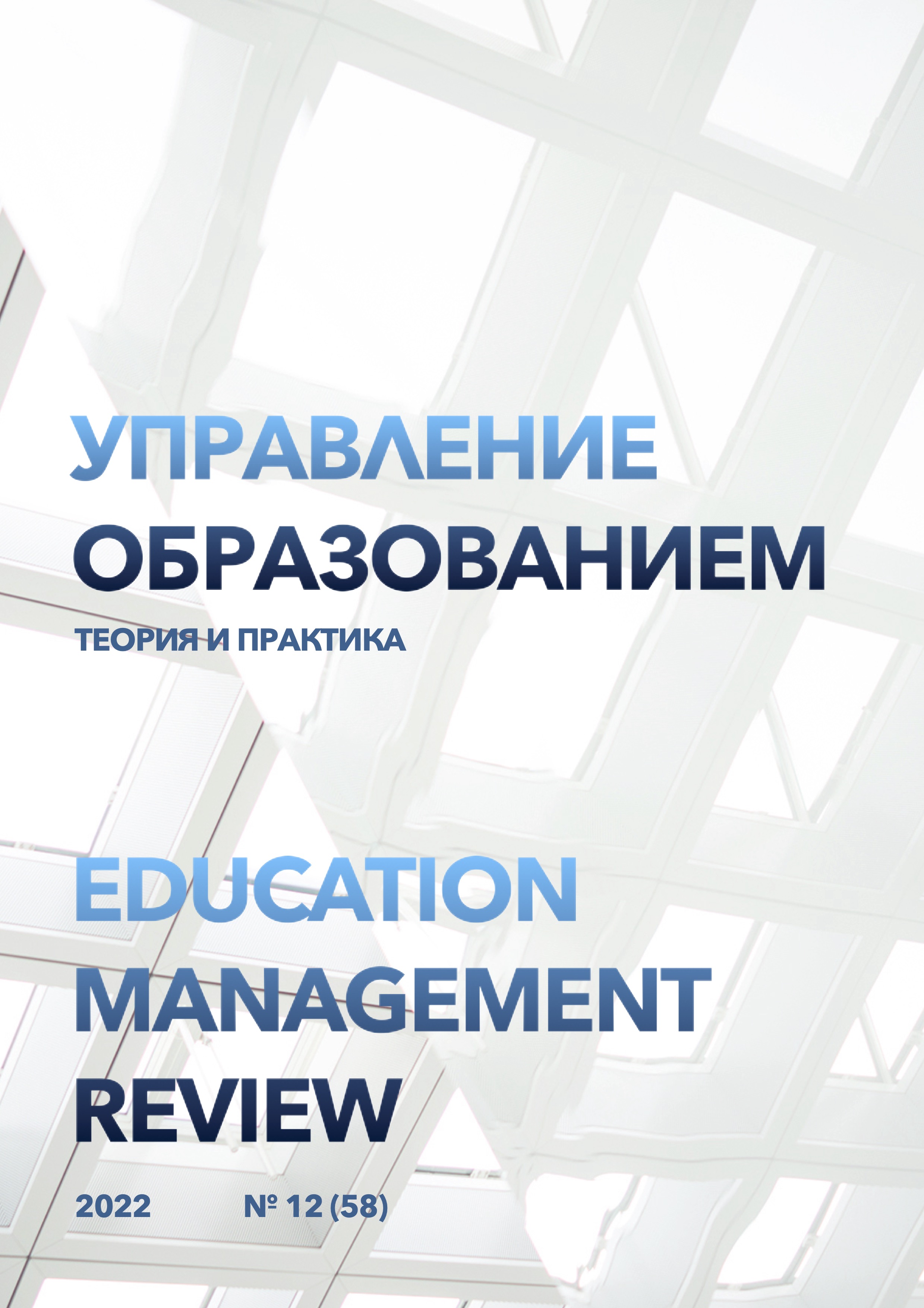The influence of new media on politics in the world
DOI:
https://doi.org/10.25726/e6010-3491-7698-eKeywords:
politics, new media, public opinion, mass media, stateAbstract
With the rapid development of the mobile Internet, new media are changing and reformulating people's communication, speech use and behavioral habits. In the political context, the mass media play a crucial role in informing the public about politics, campaigns and elections. But while the public demands information from the media, the media and politicians also have a chance for negative coverage of their state program and media bias. In addition, the mass media help to influence what issues voters should be concerned about at the elections and what criteria they should use to evaluate candidates. The relations of society, the media and the government are always interconnected, and although the media can sometimes shape public opinion, they have a greater influence on informing voters whether weather conditions are important or not, the media work more effectively on these issues, placing emphasis on certain issues. The continuous development of information technology has a profound impact on the process of developing public policy. The question of how public policy keeps up with the times in today's ever-changing conditions has become a question that needs to be thought about. In this article we will identify the peculiarities of the influence of new media on politics in the world.
References
Ван Ч. Медиасектор китайского Интернета: новые СМИ и их новые свойства // Вестник Московского университета. Серия 10. Журналистика, 2007. №2. С. 127-132.
Васина А.А. Роль новых медиа в практике публичной дипломатии России // Коммуникология: электрон. науч. журн. 2020. Т. 5, № 3. С. 45-55.
Виноградова К.Е. Роль масс-медиа в политической системе общества // Журналистский ежегодник. 2013. №2-1. URL: https://cyberleninka.ru/article/n/rol-mass-media-v-politicheskoy-sistemeobschestva
Гончаренко Я.В. СМИ и политика: теоретическая рефлексия // Русская политология. 2018. №3 (8). URL: https://cyberleninka.ru/article/n/smi-i-politika-teoreticheskaya-refleksiya
Глазунова С.А. Netократия: власть в информационном обществе // Власть. 2012. № 7. С. 67-70.
Коньков А.Е. Цифровизация политических отношений: грани познания и механизмы трансформации // Контуры глобальных трансформаций: политика, экономика, право. 2019. №12(6). С. 6-28.
Корякин В.М. «Цифровизация» общественных отношений и ее влияние на состояние коррупции в военной организации государства // Военное право. 2019. №. 1. С. 217. URL: https://elibrary.ru/download/elibrary_36855652_45778024.pdf
Лукашова В.А. современная политика КНР в сфере регулирования деятельности иностранных СМИ // Скиф. 2020. №9 (49). URL: https://cyberleninka.ru/article/n/sovremennaya-politika-knr-vsfere-regulirovaniya-deyatelnosti-inostrannyh-smi
Семишова Е.П., Семина В.С. Средства массовой информации в культурном процессе современности // Вестник Тамбовского университета. Серия: Гуманитарные науки. 2009. № 2 (70). С. 74-80.
Чжоу Т. Баоецзитуань: исследования и анализ нового явления прессы Китая // Вестник Хуанжуйского техн. ун-та, 1995. №4. С. 4-9.

